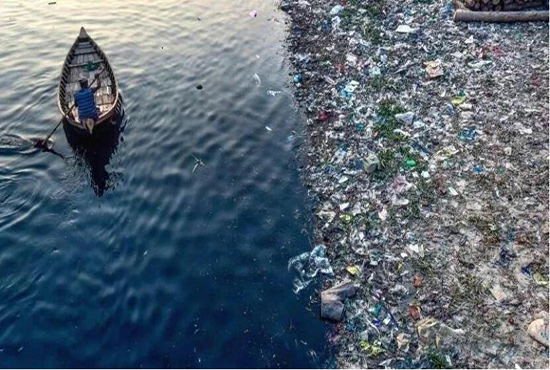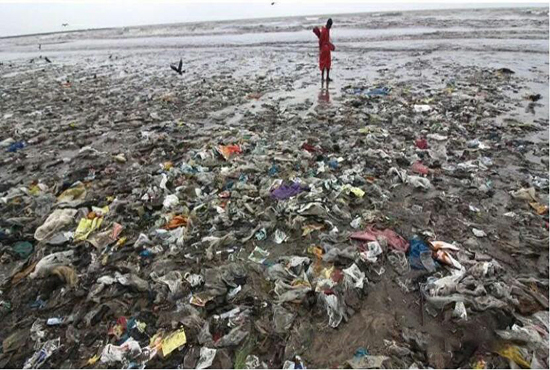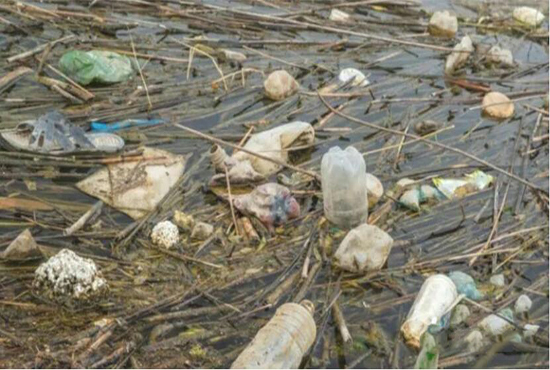According to a new study, plastic packaging and containers for takeaway and convenience foods are polluting rivers and oceans, and it is not plastic straws that cause the most serious problems.
Scientists catalogue and analyze more than 12 million pieces of garbage found in and around rivers, oceans, coastlines, and seabeds. They found that eight of the ten types of items that make up the garbage are made of plastic. And more than 40% (approximately 44%) of these plastic wastes are related to takeaway food and beverages.

The research leader, Dr. Carmen Morales of the University of Cadiz, Spain, said: "We found that plastic bags, bottles, food containers, tableware and packaging accounted for almost half of the global man-made waste, which is shocking."
"We can see plastic garbage in rivers, deep sea bottoms, and coasts, and plastic garbage floating on the sea."

At present, measures to reduce plastic pollution focus on plastic straws, cotton sticks, and beverage stirring sticks, which are relatively easy to replace.
The researchers said that many countries are very welcome to take such actions to reduce the use of plastics, but they also recommend solving the problem of plastics from takeaway food and beverages.
They said that this type of plastic is often discarded outdoors after a short period of use, and should be a key issue in the treatment of plastic waste.
They published a report in the "Nature Sustainable Development" magazine, and proposed three possible strategies to solve the problem of plastic pollution caused by food packaging:
(1) Replace plastics in takeaway food and beverages with materials that are more easily degradable;
(2) Implement regulatory bans on avoidable plastic products (such as bags);
(3) Consider using a deposit plan to encourage shoppers to return takeaway food packaging to the store;
The study also focused on the garbage problem caused by fishing gear such as plastic nets and ropes. This is the biggest problem on the ocean. Littered and discarded fishing nets and ropes can be fatal to marine wildlife.

Another study by the University of Cadiz also specifically investigated the rubbish released into the ocean from rivers in Europe.
This study estimates that 307 million to 925 million pieces of trash float along European rivers and flow into the ocean every year. Plastics account for about 80% of this, mainly plastic fragments and disposable plastics such as bottles, food packaging and bags.
Turkey produces the most waste (16%), followed by Italy (11%), the United Kingdom (8%), Spain (8%) and Greece (7%).
Lead researcher Dr. Daniel Gonzalez (Dr Daniel Gonzalez) said that action is needed to encourage consumers to reduce their consumption of plastics.
He said: "We need to take action from the policy level, and we also need everyone to take action from their own perspective as a citizen."

